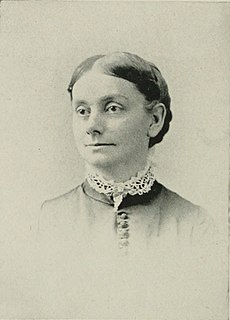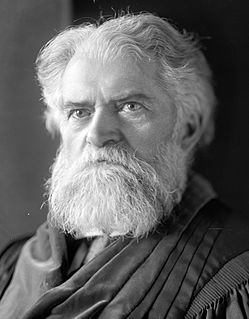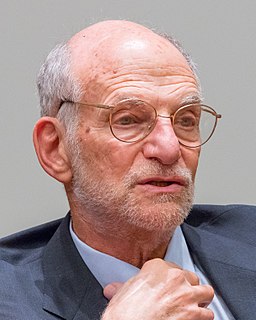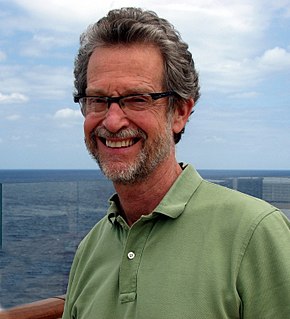A Quote by Julia McNair Wright
I don't lose an hour in the morning and expect to make it up in the evening; night is the wrong end of the day to borrow from.
Related Quotes
The morning, which is the most memorable season of the day, is the awakening hour. Then there is least somnolence in us; and for an hour, at least, some part of us awakes which slumbers all the rest of the day and night... All memorable events, I should say, transpire in morning time and in a morning atmosphere. The Vedas say, “All intelligences awake with the morning.
The phenomena of the year take place every day in a pond on a small scale. Every morning, generally speaking, the shallow water isbeing warmed more rapidly than the deep, though it may not be made so warm after all, and every evening it is being cooled more rapidly until the morning. The day is an epitome of the year. The night is the winter, the morning and evening are the spring and fall, and the noon is the summer. The cracking and booming of the ice indicate a change of temperature.
It was always intriguing that flies had two peaks of activity, in the morning and evening, with a siesta during the day and not very much activity at night. There are several ways to explain that, but one possibility was that there were two clocks running - one governing the morning peak and one governing the evening peak.
God is alpha and omega in the great world: endeavor to make him so in the little world; make him thy evening epilogue and thy morning prologue; practice to make him thy last thought at night when thou sleepest, and thy first thought in the morning when thou awakest; so shall thy fancy be sanctified in the night, and thy understanding rectified in the day; so shall thy rest be peaceful, thy labors prosperous, thy life pious, and thy death glorious.
There is no night life in Spain. They stay up late but they get up late. That is not night life. That is delaying the day. Night life is when you get up with a hangover in the morning. Night life is when everybody says what the hell and you do not remember who paid the bill. Night life goes round and round and you look at the wall to make it stop. Night life comes out of a bottle and goes into a jar. If you think how much are the drinks it is not night life.
What meaning do our lives have if we cannot set aside at least one hour a day out of 24 for thinking about God? Think how many hours we spend reading the newspaper, gossiping and doing various useless acts! Children we can definitely set aside an hour for sadhana if we really want it. That is our real wealth. If we cannot spare a whole hour at a stretch, keep apart half an hour in the morning and again in the evening.
There is a myth that Rahman sir only works at night. He works through the day and night, so it depends what time slot you end up working with him. Besides nights, I have sung for him in the morning and at noon, too. I think he's the first composer to work at night, and that's why it's spoken about so much.

































